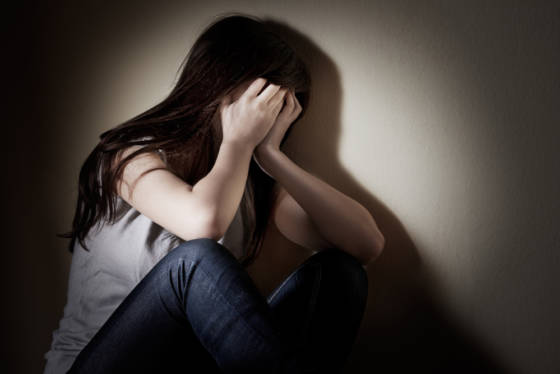More young people, especially women, prescribed anti-depressants in pandemic


More young people, especially women, have been prescribed anti-depressants during the coronavirus pandemic, according to care research group Nivel.
The body studied prescriptions and use of medicine between March 2020 and 2022, and found that Dutch young people were more likely to be prescribed anti-depressants in the second lockdown at the end of 2020 and start of 2021.
However, this trend has carried on amongst young women in the first half of this year, while it ‘stabilised’ amongst young men.
Nivel found that last year, young women were more likely to go to their GP reporting feelings of depression and anxiety. Other population groups showed little change during the period.
‘It seems that the negative psychological consequences of the corona pandemic have hit young people hardest,’ the group said in a news release. ‘Other factors like the difficulty in finding affordable housing or rising inflation that makes everything more expensive probably play a role.’
It advises monitoring vulnerable young people closely, including helping with withdrawal effects from medication, in order to limit long-term use.
‘Worrying’
‘More antidepressant use in these groups is worrying and something we must pay attention to,’ senior researcher Karin Hek told Trouw.
A total of 221 young people, out of 100,000 surveyed, were prescribed this medicine each week in 2021, Nivel’s figures show. Separate research has also found that suicides rose significantly among Dutch people up to the age of 30, particularly in the lockdown months.
There has been recent discussion in the medical community about the process and effectiveness of some anti-depressants; however, meta-analysis suggests they do work for certain patients.
Thank you for donating to DutchNews.nl.
We could not provide the Dutch News service, and keep it free of charge, without the generous support of our readers. Your donations allow us to report on issues you tell us matter, and provide you with a summary of the most important Dutch news each day.
Make a donation